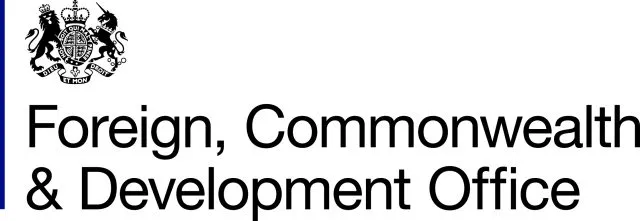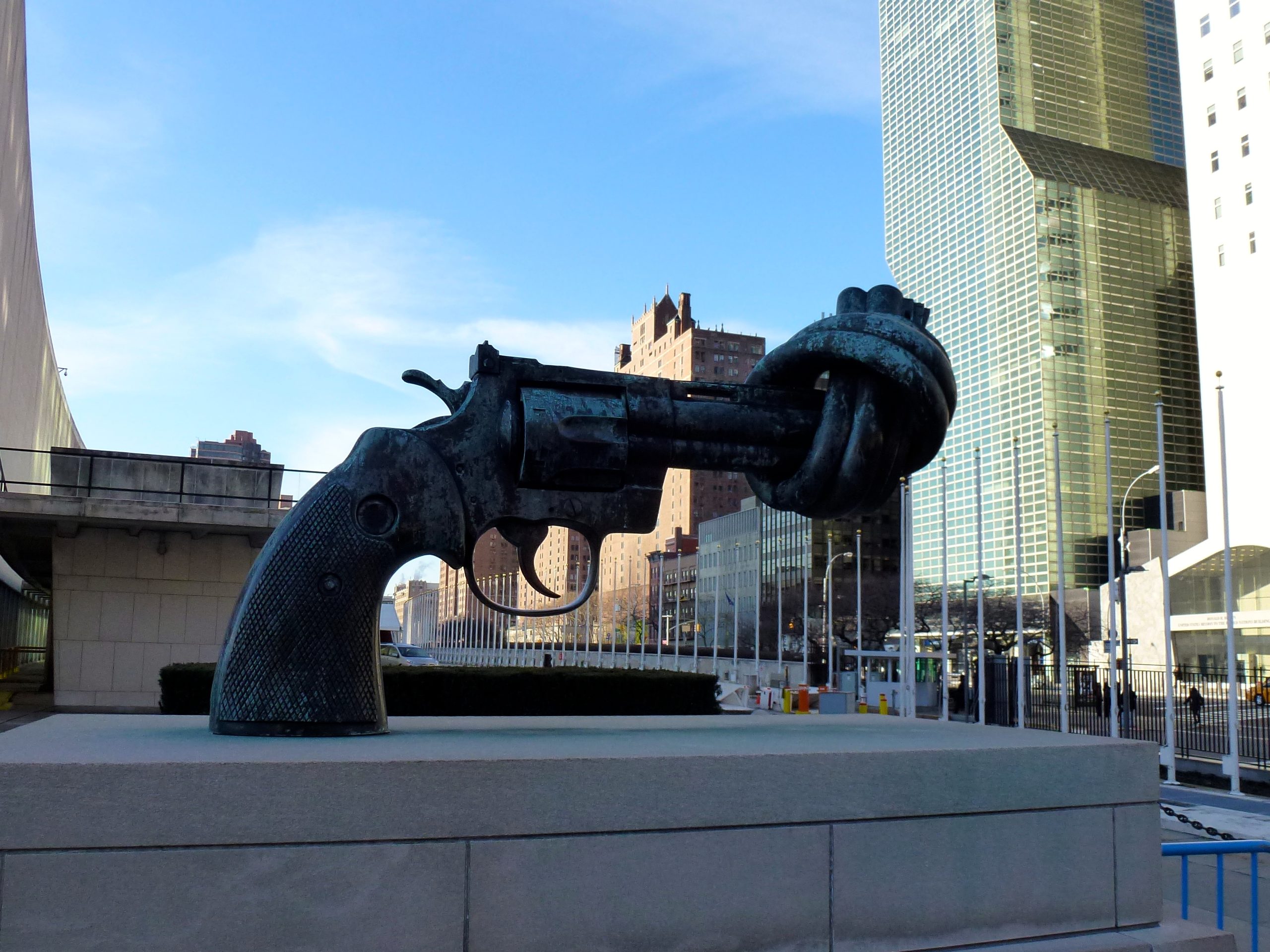Conversations between Tracks 1 and 2 are of immense benefit to the IND community. Continuing to have Wilton Park dialogues with expanded engagement and practical discussions would help the community frame its purpose and path. There will be one more dialogue (March 2025) before the 2026 NPT RevCon. However, it was noted that more political changes should flow from these dialogues; these should not simply turn into drafting sessions.
A plan needs to be developed for how to move forward after the 2026 NPT RevCon. While much of this will depend on the outcomes, thought should be put into this now.
Thing about strategic framing, especially for diplomats. Offer solutions of how this work could feed into their NPT work writ large. Show how IND contributes tangibly to disarmament. Link technical with other concepts (i.e. norms, legal, political) to make it more understandable and palatable for non-technical individuals. Raise awareness among policymakers.
Expand engagement, even in the face of scepticism. More sectors and age groups need to be brought into the process. This involves conversations within the NPT (between NWSs and NNWSs) and external to the NPT (with nuclear-armed States outside the treaty). Increase regional representation, especially in civil society, and let States that do not typically lead processes take the lead on some issues. Other communities could also be called upon to help strengthen thinking about IND, like the emerging and disruptive technology and effective altruism communities. Participants emphasised the importance of already starting to build confidence and trust among stakeholders, recognising the significance of cooperation and the human factor in fostering a non-confrontational approach towards IND. There should also be a generational commitment backed by both funding and political will.
Conclusion
While the quest for a precise definition of IND may present challenges and differing perspectives, progress has been made towards fostering a common understanding of the concept.
- Understanding the nuances and interplay of irreversibility, verification, transparency and latency will be crucial in addressing the complexities inherent in the topic.
- Achieving a clear understanding of IND within the context of the disarmament process requires addressing key areas such as institutional involvement, technical considerations and normative and political factors.
- A post-disarmament world necessitates not only technical measures but sustained political engagement to ensure long-term monitoring and compliance.
- By clarifying the roles of institutions, fostering transparency and developing norms conducive to disarmament, progress can be made, bolstered by trust, confidence and a shared commitment to IND.
Discussions devoted to next steps, developing further research avenues and discovering areas from which to draw lessons-learned provided a number of conclusions that can be utilised by the community as these efforts are propelled forward past the 2026 NPT RevCon.
- Future research could be composed of a series of tabletop exercises, end-state scenario mapping work and stakeholder surveys, in addition to areas identified throughout this report.
- Sustaining momentum and commitment is imperative for the advancement of IND efforts, requiring financial and political backing to prevent its marginalisation on the international stage.
- States Parties should leverage the 2024 and 2025 NPT PrepComs and 2026 NPT RevCon to promote engagement across diverse stakeholders and reinforce consensus-building efforts through the development of side events, a joint statement, national statements and a working paper, all seeking to progress IND efforts globally by framing the issue in a clear, concise manner.
- Fostering ongoing, substantive dialogue and collaboration between Tracks 1 and 2 remains crucial for the advancement of IND, with continued Wilton Park events serving as valuable platforms for practical discussions and expanded engagement.
- Embracing broader engagement across diverse sectors and age groups, both within and outside the NPT framework, will be vital in building confidence, trust and generational commitment towards realising irreversible nuclear disarmament.
Sarah Laderman
Wilton Park | March 2024
In partnership with


-
Notes
Wilton Park reports are brief summaries of the main points and conclusions of a
conference. The reports reflect rapporteurs’ personal interpretations of the proceedings.
As such they do not constitute any institutional policy of Wilton Park nor do they
necessarily represent the views of the rapporteur. Wilton Park reports and any
recommendations contained therein are for participants and are not a statement of policy
for Wilton Park, the Foreign, Commonwealth and Development Office (FCDO) or His
Majesty’s Government nor any participating governments.
Should you wish to read other Wilton Park reports, or participate in upcoming Wilton Park
events, you can find out more here.
To receive our monthly bulletin and latest updates, please subscribe here.
